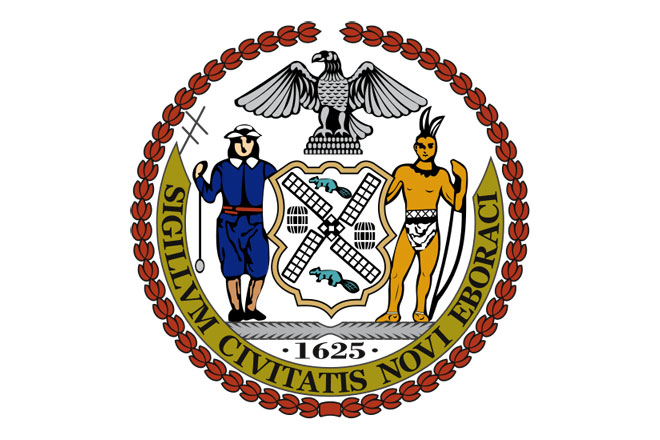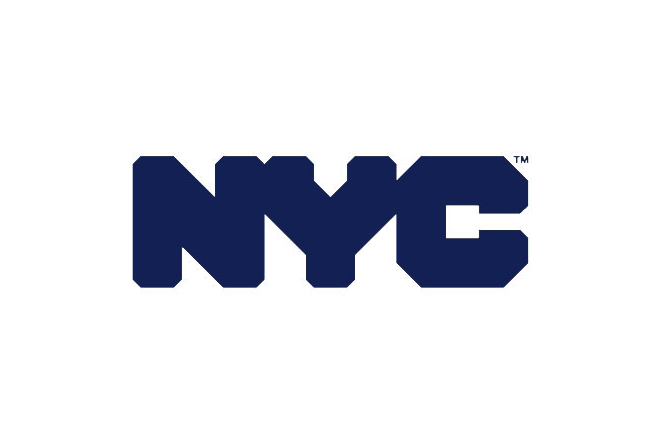Today the New York City Council passed Ordinace No. 250, making it illegal to sell tobacco products to persons under the age of 21-years-old. The bill had been expected by many to pass prior to today’s vote.
The vote makes New York City the largest city in the country to increase the legal age to purchase tobacco products to 21. While most cities and states require tobacco purchasers to be 18 years of age, some have increased that requirement to 19, including Brookline, Mass. In July, the town of Needham, Mass. increased the minimum age to buy tobacco to 21.
The proposal was announced in April by City Council Speaker Christine Quinn and Health Commissioner Thomas Farley. When she announced the bill, Ms. Quinn said that it will “literally save lives,” as “the more difficult it is for [young people] to gain access to tobacco products, the less likely they are to start smoking.” Quinn cited a study that said 80 percent of adult smokers in New York City started before age 21.
In addition to traditional tobacco products, the bill also includes electronic cigarettes. Stores found to be violating the law will be fined $1,000 for the first offense each day, and upwards of $2,000 for a second violation. The stores also risk losing their licenses to sell tobacco products if they are found to be in frequent violation of the law. The bill focuses on going after retailers and not those who purchase tobacco products.
Queens Councilman James Genarro told CBS New York that he believes the move will be followed elsewhere in the country, saying that other bills are already written in other places in the state as well as in neighboring New Jersey and in California. “We’re the first ones to act and once we go I think the dominoes will fall,” he said.
The Council was also scheduled to vote on Ordinance No. 1021A, which would prohibit retailers from accepting and redeeming coupons or other price reduction instruments on cigarettes and tobacco products, and outlaws multipack discounts or promotional pricing.
A third ordinance that would have banned the display of cigarettes and tobacco products from public view was scrapped as it would have violated constitutional protections allowing for legal products to be advertised and displayed to the public.



